AGERPRES special correspondent Florin Stefan reports: The European Parliament wants to be able to vote on the national reform plans that will accompany the allocation of EU funds in the future Multiannual Financial Framework (MFF) for 2028-2034, as the decision-making process must be adapted to a PNRR-style structuring of the EU budget, Romanian National Liberal Party (PNL) MEP Siegfried Muresan said on Wednesday in Strasbourg.
Muresan, who is the EP rapporteur for the future MFF, explained during a briefing for Romanian journalists that the EU executive "initially proposed that each state could allocate the money as it wished between cohesion and agriculture but, as a result of the Parliament's work, there are now clarifications and predefined amounts, and in the legislative process clear and objective rules will be introduced at European level so that each state cannot simply do as it likes."
After the legislation for the budget in all areas is adopted at European level, "each member state's government will have to present to the European Commission how it intends to absorb the funds, in line with the rules set out in the legislative process, and the accompanying reform package, just as in the case of the National Recovery and Resilience Plan," the MEP, who is vice president of the European People's Party group in the EP, pointed out.
This reform plan will have to be approved by the European Commission and by the EU Council, and the European Parliament considers it essential that it should also be involved in the decision-making process.
"We are asking for the European Parliament to vote on every national plan because the sums for cohesion and agriculture under these national plans together represent 44% of the European Union budget, a lot, almost half, and it is not acceptable for European funds to be allocated without European legitimacy, without a vote in Parliament. This is why our position, as Parliament, is to set out clearly the rules on what member states can and cannot do with the budget," Siegfried Muresan said.
He argues that the decision-making process must be adapted to the PNRR-style restructuring of the EU budget by the European Commission, which is proposing a new structure and new rules.
"The EP will never accept that member states can spend 44% of the European Union budget as they please without Parliament, together with the Council, setting the rules in the legislative process and without Parliament ultimately voting. The PNRR was not the European Union budget, it was an additional crisis instrument created outside the EU budget. This is why Parliament's role in the decision-making process was somewhat weaker. But here, since this concerns the EU budget itself, Parliament, with budgetary authority, must play a role," Muresan stressed.
He said he was not concerned about the possibility of the reform plans being blocked by opposition MEPs and voiced confidence that they would not be able to form a majority.
"I believe the question is legitimate. Will MPs from the country concerned try to conduct national politics when voting on their national plan here in the European Parliament? The answer is yes. Some probably will, especially from the opposition, but I do not think they will succeed because they will not be able to organise the necessary majority to vote against a plan solely for reasons of domestic politics. If a plan is poorly drafted by a government and does not comply with European rules and so on, then I am sure the EP would vote against it, but a majority will not be formed on the basis of national political criteria at the initiative of an opposition party," Muresan added.

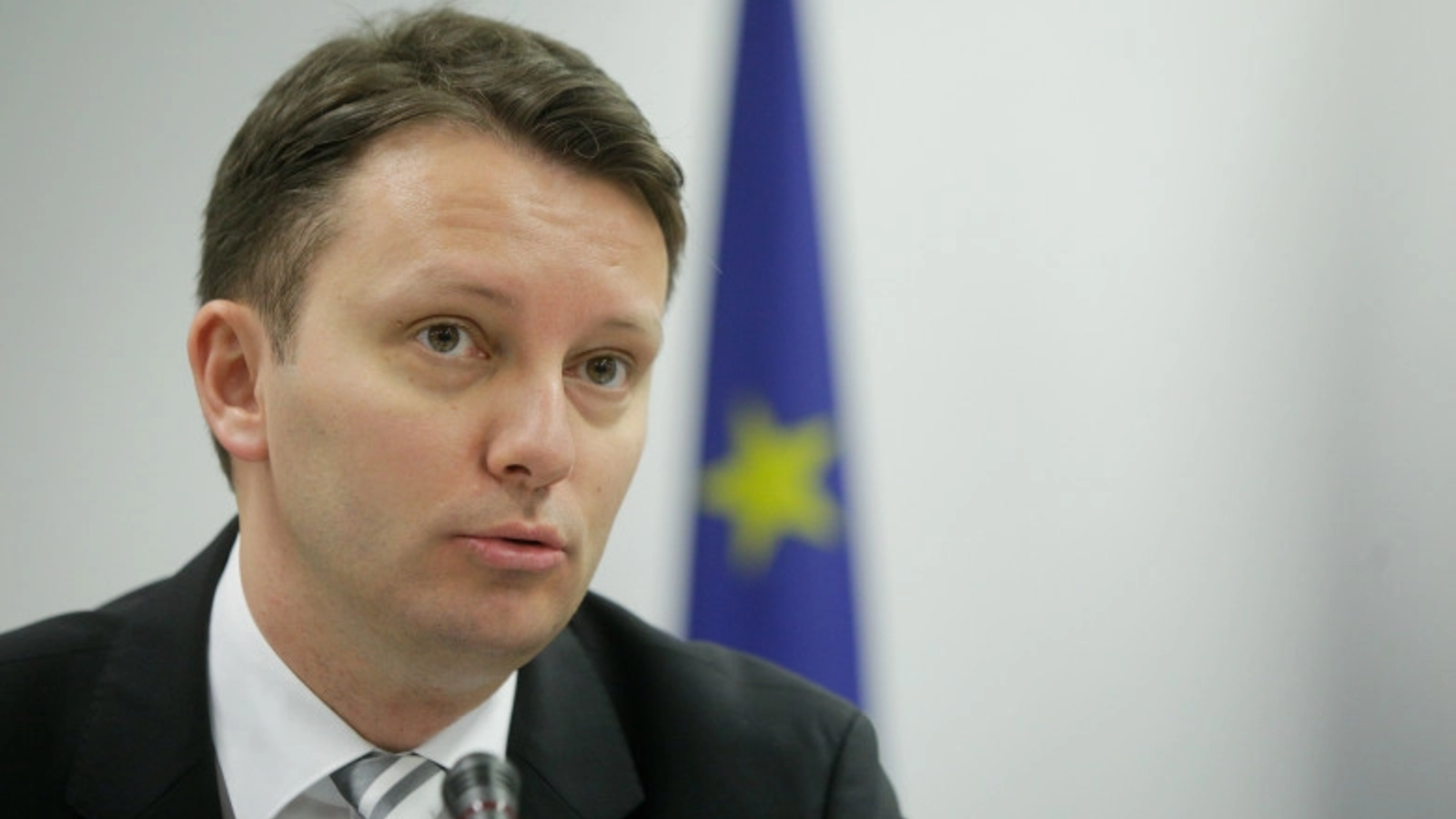
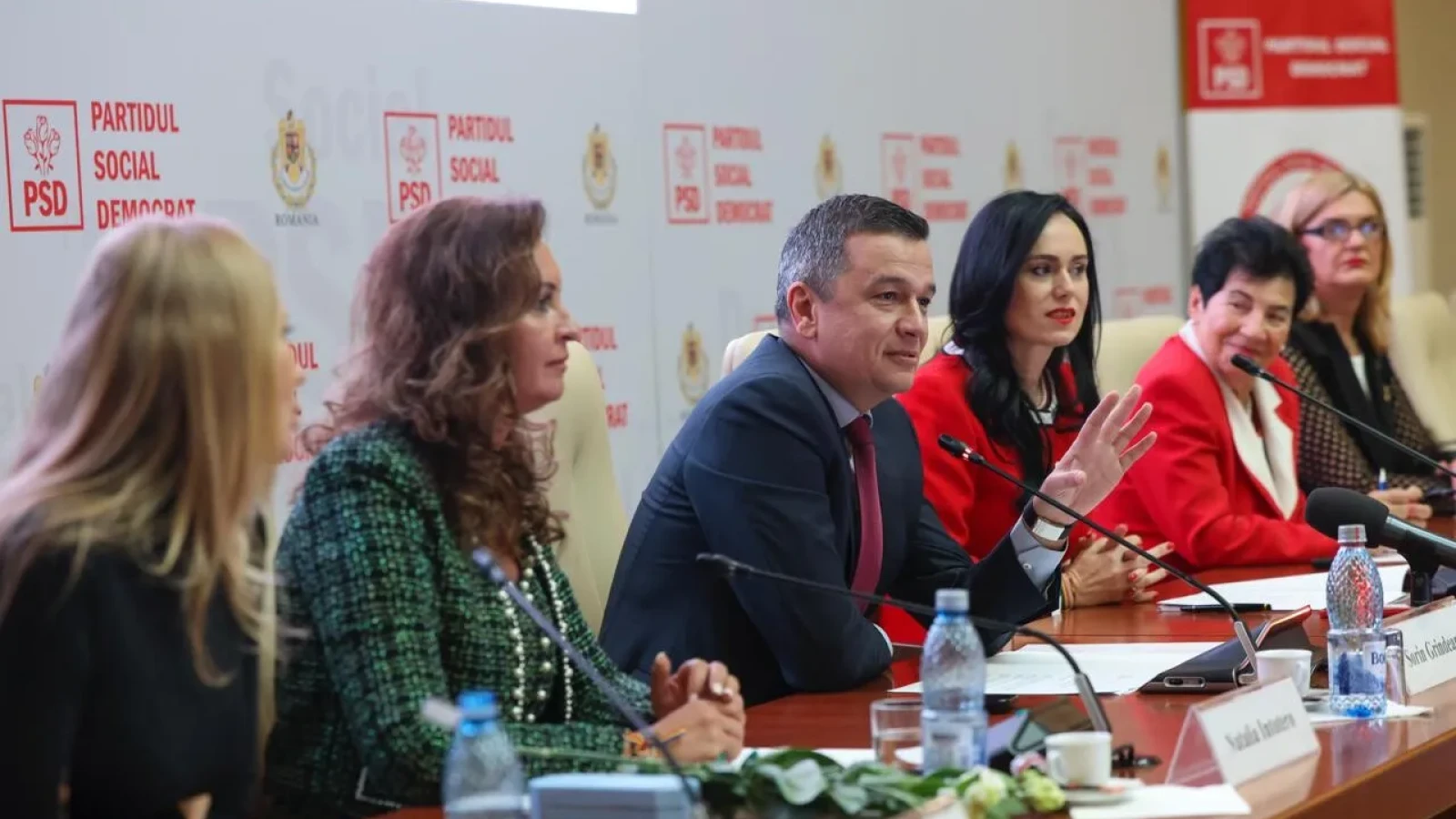
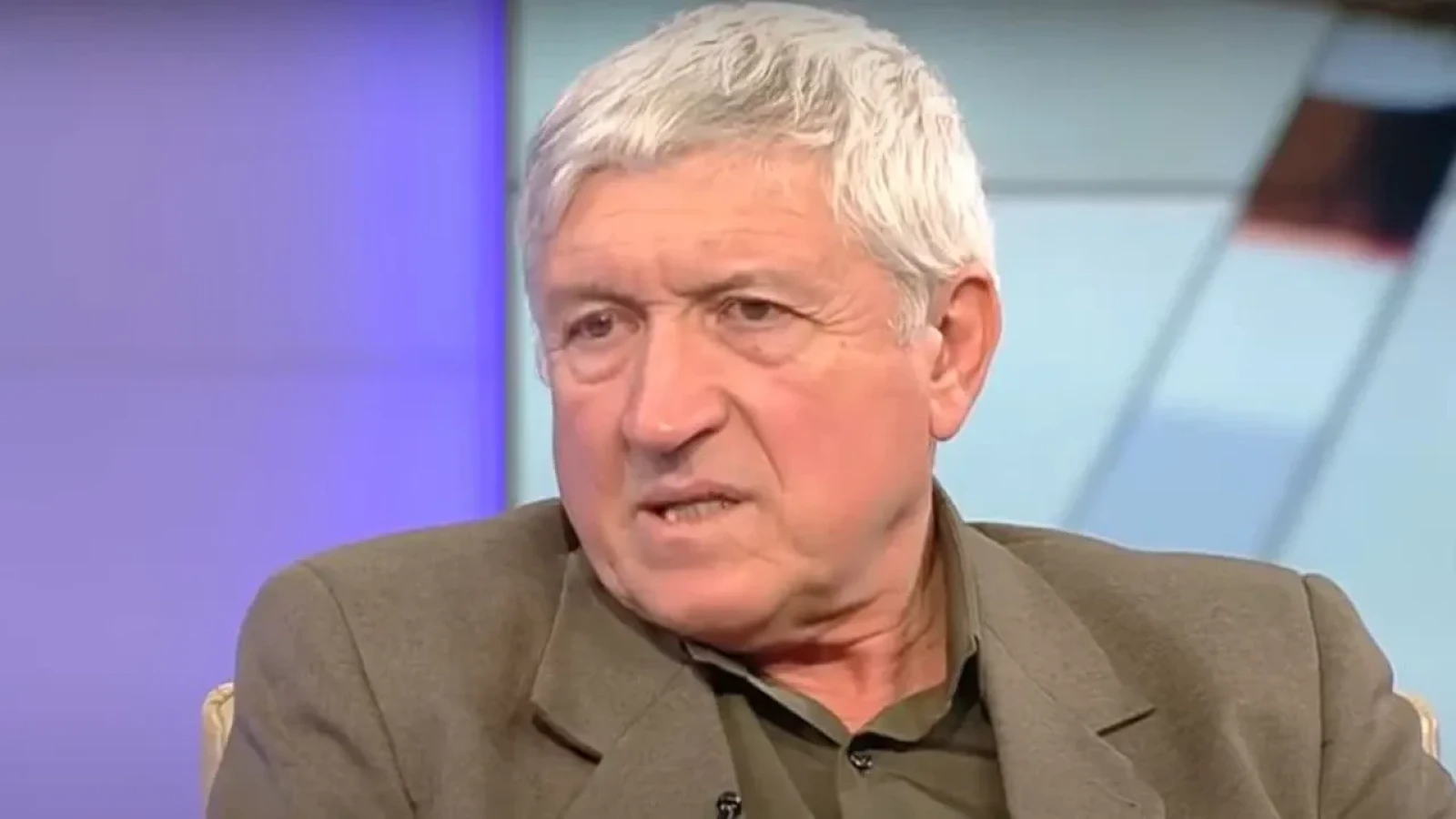

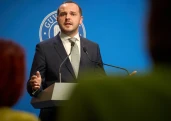

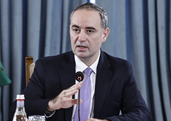

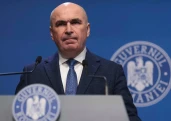





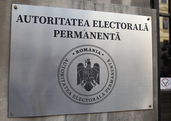
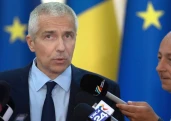















Comentează